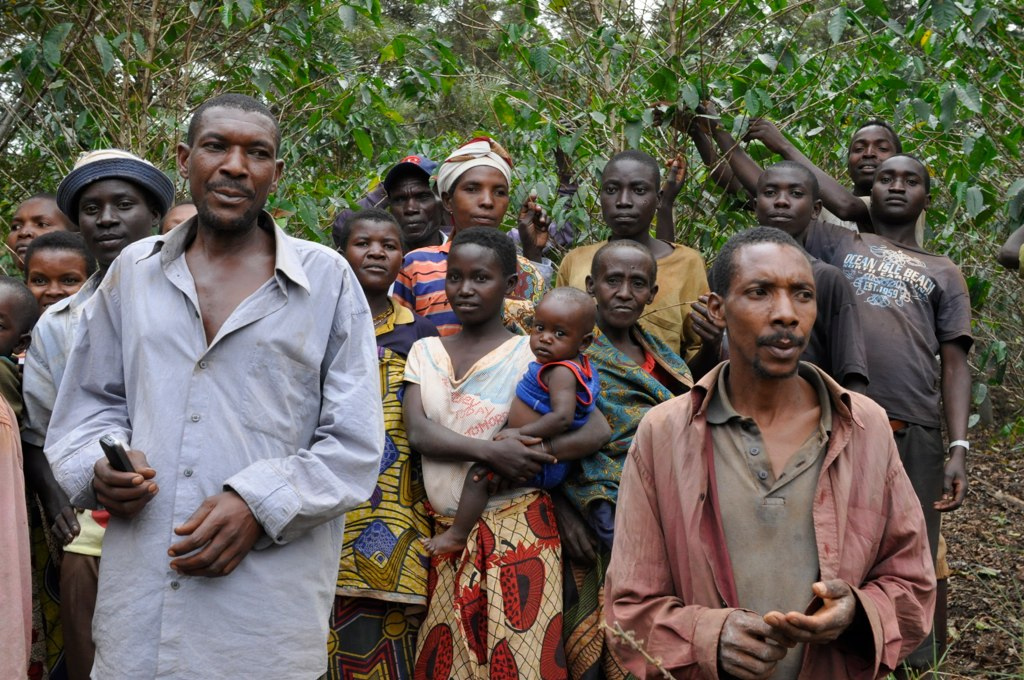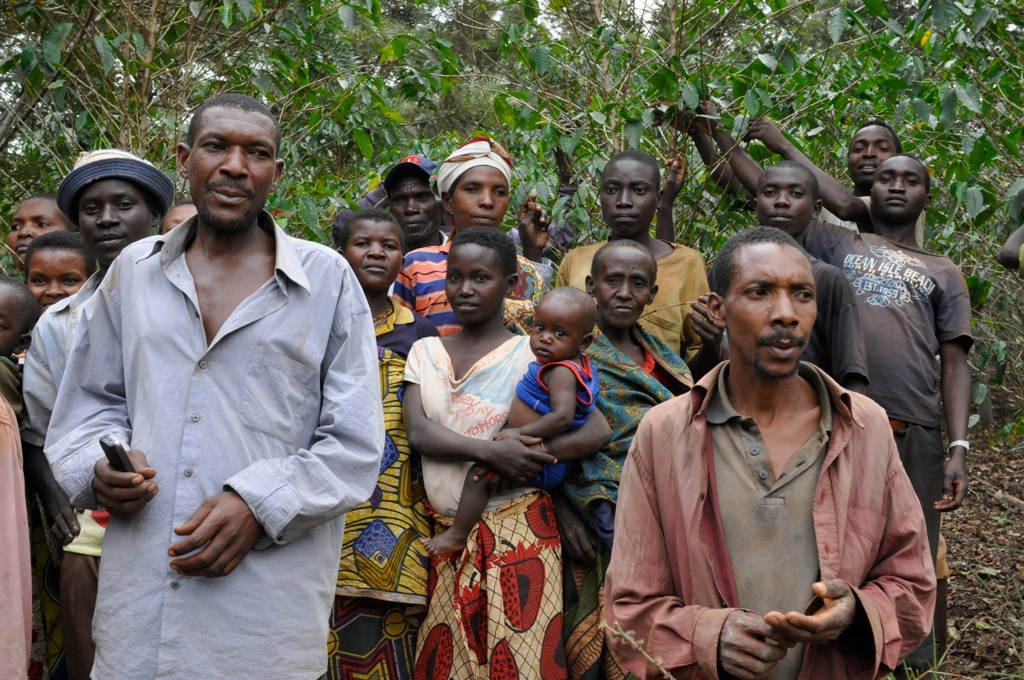 After one big move across the ocean from Canada to Norway, a year of adjusting to a new place and culture (not so much the cold - I am already from another place that is proudly "North"), countless lectures and furious exam writing, and the start of exciting new work with the Collaborative, it's time for me to begin another adventure. This time in Burundi.
After one big move across the ocean from Canada to Norway, a year of adjusting to a new place and culture (not so much the cold - I am already from another place that is proudly "North"), countless lectures and furious exam writing, and the start of exciting new work with the Collaborative, it's time for me to begin another adventure. This time in Burundi.
The whole reason I came to Oslo was to study and examine coffee in a new way. I had been working for a company that proudly participates in direct trade (let's ignore the complexity and contentiousness of this term for now) and was both fascinated by and happy that good money was being paid for a higher quality product. But I was also very curious as to how these newly establishing ways of trading coffee is having an impact on the producers. And being the kind that likes to methodically examine things I'm curious in, I decided I needed to go about my study in a rigorous way. So I began studying at the University of Oslo because they offer a unique interdisciplinary program that investigates the wide and far-reaching concepts of environmental sustainability and development.
It's time to put all the theory and discussion I've absorbed over the last year - both at school and with coffee professionals from Norway and abroad - and go and do my fieldwork. It's an exciting time for me, both as an academic, and as a professional at the Collaborative. I chose Burundi because I'd tasted some very interesting coffee from there while still working in Canada. I also had a vague notion about it being one of the least developed countries in the world and was curious as to how that wasn't hampering the production of great coffee (although there is a lot of reforming and development of the coffee sector happening/still to come). The Collaborative is now working in Burundi and I have a unique opportunity to spend a good amount of time learning about this exciting origin on the Collaborative's behalf, as well as for my thesis.
The doing of this fieldwork is pretty straight-forward: I will be talking with/interviewing people involved in producing specialty coffee (i.e. coffee that is grown, picked and processed with care - there is no good short phrase for this, is there?). I want to know what they think about this direct trade concept. I want to know how direct trade affects their livelihoods - their ability to live the kinds of lives they want to live. In a word, how does direct trade affect their "wellbeing"? I'm starting with seemingly simple questions because I know the conversations will yield complex, diverse and unexpected opinions and thoughts. Do producers experience the benefits to their livelihoods that direct traders assume? How do producers perceive this trade model and what direction would they like to see it move ahead in?
In addition to my data collection, I will be visiting washing stations and farms the Collaborative will purchase from. I want to give you roasters as detailed a picture of the people and places you're buying from, as possible. Robert met some very motivated and ambitious producers while in Burundi for CoE last month and now we have an opportunity to better know these people and places. There are some amazing coffees coming your way soon; right now is the time for you to get in on the action!
Drop Joanna a line about what is on offer. Better yet, get in on the action and choose your own lots for us to bring in
Melanie


